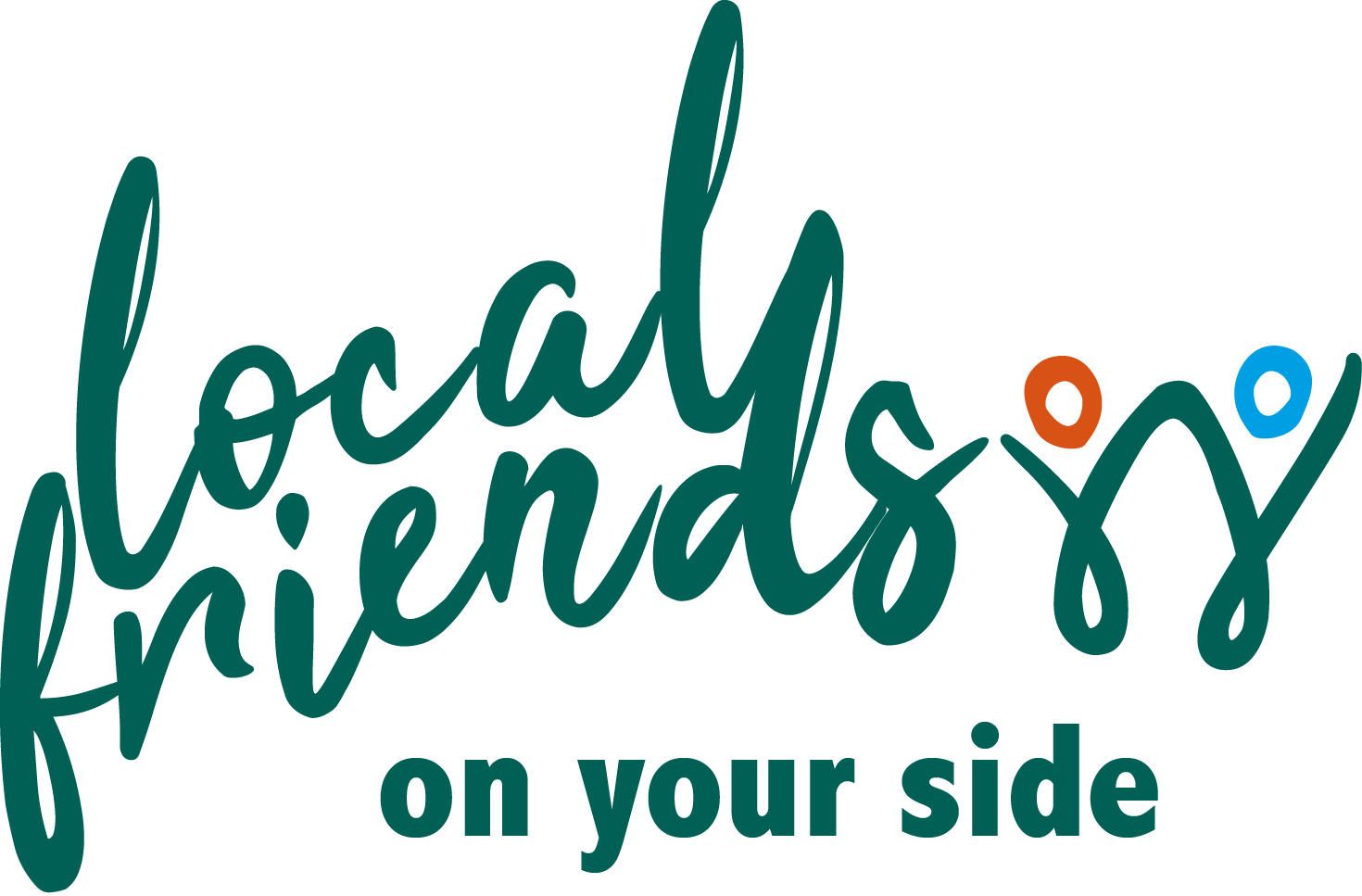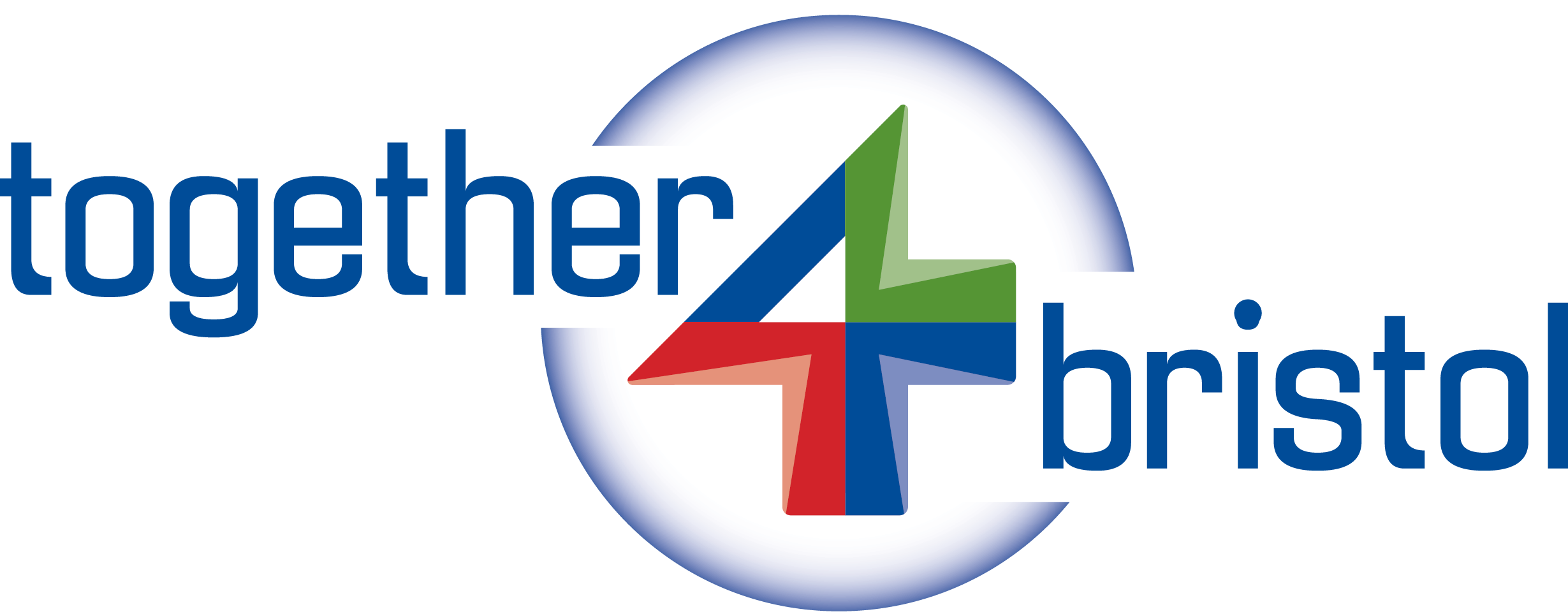Our Documents
We are still trying to work through the differences between the Good Neighbours scheme and the Building Community scheme. All the main training resources were written to support Building Community, but much of the content is relevant to both.
These documents are all in PDF format and, unless stated otherwise, are A4. Depending on your system (primarily your browser), if you click on a document, it might either be displayed or downloaded onto your machine.
For everybody
These documents mainly focus on the Building Community scheme, but they provide helpful context and background for the Good Neighbours scheme.
- Introduction (2 pages). This was the first document written, and still provides the best short but comprehensive summary of what we aim to do.
- Outline (1 page). A one-page summary of the Introduction.
- Service Summary (1 page). Intended to complement the Outline, this says what we aim to achieve through our work: community building through pastoral care.
- Proposal (16 pages). An extended version of the Introduction, answering most of the questions which are raised by people after reading it.
- Resources and References (12 pages). References to some sources we have drawn upon, and and notes about some of the organisations and schemes we are seeking to work alongside and learn from – especially Social Prescribing.
For referral agencies
Referrals may come from a GP (or, potentially, another medical professional) or a Social Prescribing coordinator. We can only accept referrals from a recognised partner.
- Referrals (3 pages). Details of when and how referrals to Local Friends should be made.
- Referral Form (1 page). An initial draft for comment.
For faith groups
This is currently for leaders of churches: we would like at some point to extend the scheme to involve other faith groups.
- The Local Scheme (3 pages). Information to help the leaders of a local church understand the basics of the Local Friends scheme and how it might fit into the life of their church.
For volunteers
These documents summarise the kep points in the volunteer training, and help potential volunteers understand what is involved.
- Volunteering Framework (7 pages). An outline of what we ask of the volunteers, and what we offer them.
- Boundaries (8 pages). (A5 booklet) A brief guide to understanding and managing healthy boundaries.
- Confidentiality (1 page). A draft initial statement of our policy.
- Equality and Diversity (4 pages). A draft initial statement of our policy.
- Conversations (4 pages). Some general guidelines. (Also available as a web page)
Questions of faith
The volunteers are often motivated by their faith, but the scheme is designed to help everyone, whether they have an interest in faith and spirituality or not.
- Faith and Spirituality (16 pages). (A5 booklet) An outline of the issues raised when faith groups provide a public service (as we are) and some guidelines about how we manage these issues.
- Spirituality and Society (4 pages). This provides some of the background for the other documents in this section, describing how the approach we have adopted fits into our culture and addresses some of the issues of the wider society.
- The Good News (5 pages). When people ask us how you become a Christian, what do we say? This is not a script, but it provides some words which can be used.
- Telling the Good News (5 pages). We will not push people to talk about matters of faith and spirituality, but we need to be clear about how we will respond when they want to do so. This document considers how we talk with people about matters of faith and spirituality.
Issues
Some notes on big issues we may face at times.
- Caring for Chaotic People (4 pages). Some of the differences we need to recognise when trying to provide help for people whose lives are more chaotic than we are used to.
Policies
A statement of our policies.
- Complaints Policy (2 pages). We aim to avoid generating complaints, but if we do anything which warrants a complaint then we want to hear about it so that we can do something about it.
- Disclosure of Malpractice Policy (3 pages). If anyone has genuine concerns about malpractice, we want to hear about them. We undertake to do everything we can to protect the person raising such concerns from any negative consequences.
- Safeguarding Policy (3 pages). Everyone we come into contact with, regardless of age, gender identity, disability, sexual orientation or ethnic origin has the right to be protected from all forms of harm, abuse, neglect and exploitation.
- Dealing with Incidents Policy (3 pages). Local Friends is a small organisation which operates on a largely informal basis. But when a serious incident has occurred, informality must be put to one side and clear, correct procedures followed.
Admin
Other important details.
- Safeguarding Summary (1 page). A summary of our position concerning volunteers and DBS checks.
- DBS Checks (6 pages). Explaining our position concerning volunteers and DBS checks with a detailed explanation and references to the legislation.



